Are Aesthetics Treatments VAT Exempt?
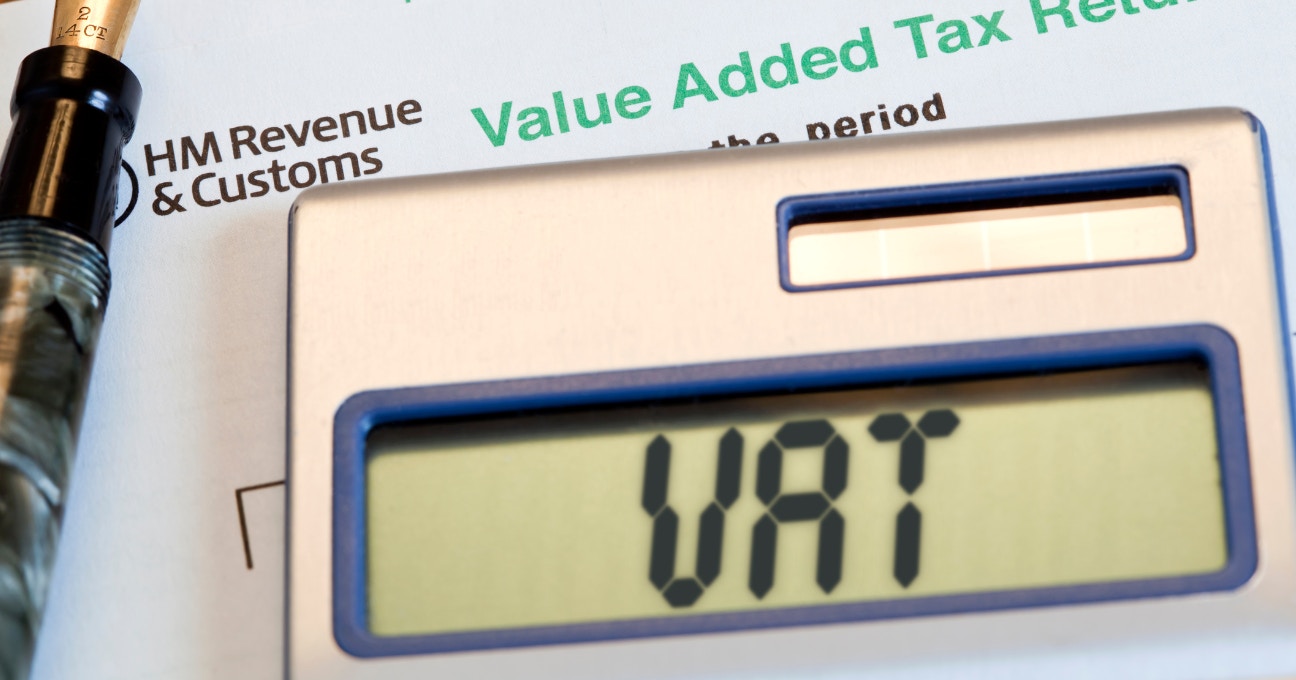
Are aesthetics treatments VAT exempt? It’s a somewhat confusing aspect that requires a more nuanced response than a simple yes or no.
Many aesthetics practitioners would admit that the business side is their least favourite aspect. This is compounded by tricky conundrums such as the question of whether you need to pay VAT on aesthetics treatments.
It seems simple, after all, aren’t all medical treatments VAT exempt? Yet as aesthetic medicine is such a new field, the VAT system hasn’t yet achieved sufficient clarity on them.
Here we explore the basics of VAT on aesthetic treatments and what this means for your pricing strategy. It’s not advice you typically get in aesthetic medicine training courses, but it’s very much an everyday topic - especially if you run your own business.
As such, we’ve included some background as to why VAT for aesthetics isn’t as straightforward as many VAT issues. In addition, you’ll find practical, up-to-date advice from Dr Emily Mehta, our Chief Medical Officer and co-founder of STORY Clinics.
Please note…
The following information is strictly for guidance purposes. It’s solely intended to give you a general idea of what is involved. It should not be considered professional tax advice.
When dealing with tax issues it’s always advisable to consult an accountant with specialist knowledge of the sector for the appropriate support. They’ll be able to provide you with advice based on the most current VAT information as rules in this area are constantly evolving.
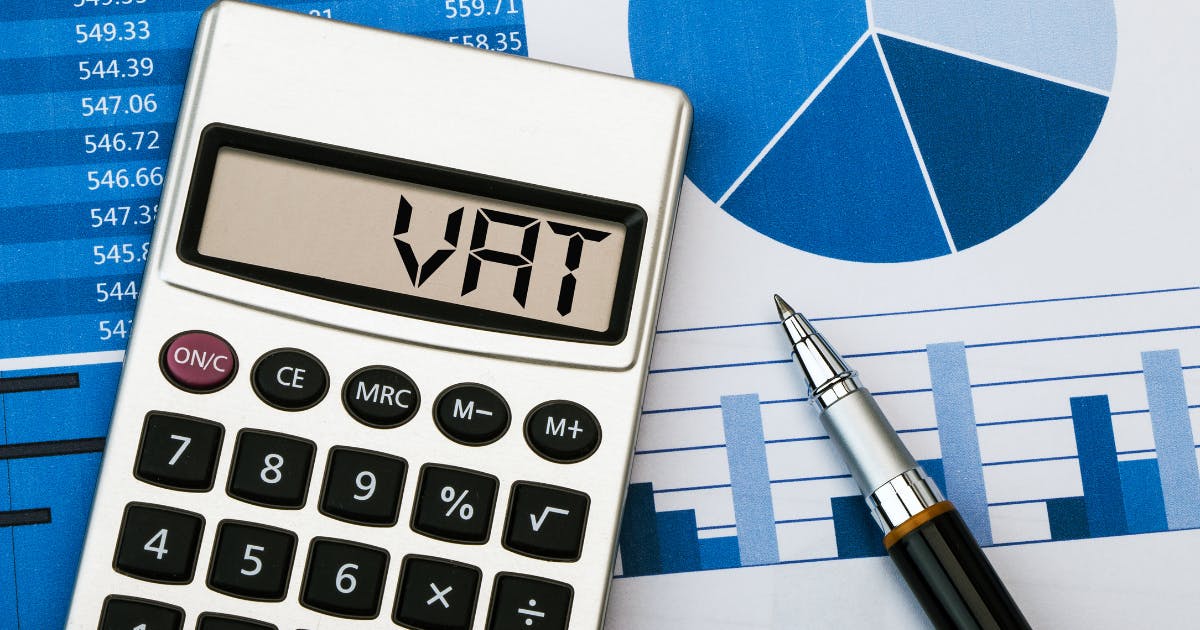
What is VAT?
Firstly, it’s important to understand what exactly VAT is. VAT – value added tax – is a fee you pay when purchasing goods or services. It is charged to the consumer (buyer) not the seller.
As an aesthetics practitioner or clinic you will, therefore, need to consider VAT in terms of the tax you pay on items relating to the running of your business and the VAT charges your patient pays when purchasing products or services from you.
In the UK, the prices advertised are considered to be the VAT inclusive price – the total price the patient would pay.
Who is liable?
Dr Emily explains, “Any VAT related decisions considered by HMRC are the responsibility of the company owner. It’s the taxpayers responsibility to prove exemptions apply.”
Getting VAT registered
According to UK Government rules, clearly set out on its website page dedicated to VAT registration:
“You must register for VAT if your VAT taxable turnover goes over £90,000 (the ‘threshold’), or you know that it will . Your VAT taxable turnover is the total of everything sold that is not VAT exempt.”
It is crucial to note that this refers to a rolling 12 month period, not the financial year timeline.
Basically, everything you sell that is taxed should be calculated to ascertain your total turnover. You should not include any income from services that are tax exempt.
You may also register for VAT voluntarily.
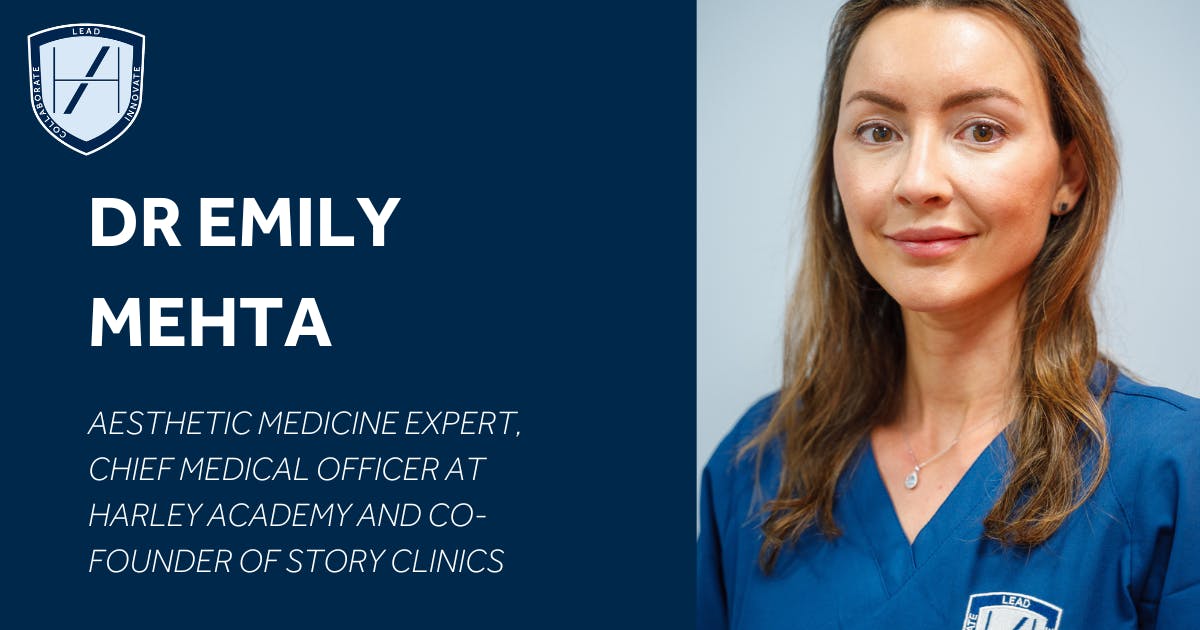
VAT rules on medical versus cosmetic treatments
The most important VAT rules you need to know are essentially, these:
- Medical treatments are VAT exempt
- Cosmetic treatments are taxed at the standard rate of VAT.
VAT exemptions for medical treatments
If your treatment is specifically for a medical purpose, for example, you offer botulinum toxin injections for migraine or hyperhidrosis, then those treatments are VAT exempt.
You must be able to support your claim that a specific treatment is provided on a medical basis and is, therefore, VAT exempt. You can find a list of which health-related items are currently charged zero per cent VAT, for example the dispensing of prescriptions by a registered pharmacist, or are exempt from VAT, such as the provision of “health services” by medical professionals, on the HMRC website.
The difference between a zero per cent charge and VAT exemption is that the zero rating reflects how much VAT you should charge your patients. You do not have to include VAT exempt-status items in your VAT returns but you do need to include zero-rated items.
Treatments that may benefit a patient’s well being but are cannot be proven to be for a specific medical purpose are taxable. Soft tissue lip filler for augmentation is one example. VAT should be charged on these by including it in the total treatment fee.
In the case of true medical treatments, no VAT is charged and any VAT incurred by the business in providing these treatments is unlikely to be recoverable.
Purely cosmetic aesthetic treatments
For cosmetic treatments, the VAT is charged to the patient. However, some of the VAT incurred by the business in providing non-medical treatments may be able to be reclaimed by the business.
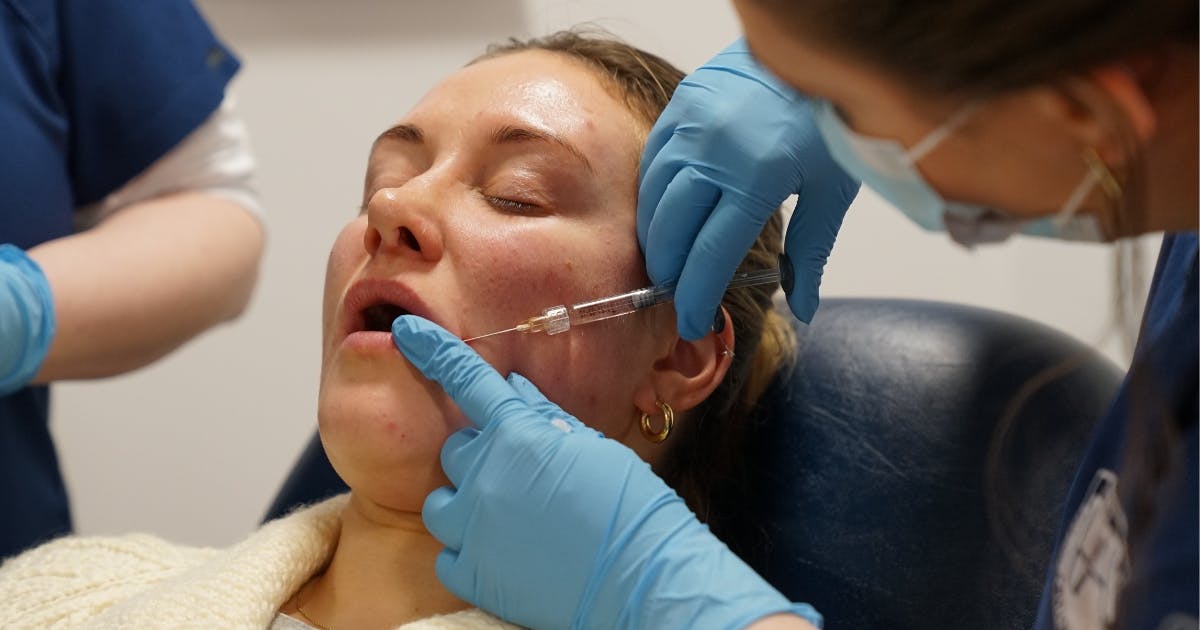
Why medical aesthetics treatments are a ‘grey area’
There is some debate as to this being a grey area for medical professionals, such as doctors, dentists, nurses and pharmacists, who practise aesthetics. The reason for this is that medical healthcare providers are deemed to be providing “healthcare” services and, as such, the supplies used in the provision of these services are deemed to be exempt from VAT.
Dr Emily explains, “Businesses in aesthetic medicine offer a mixture of treatments offered by medical professionals and treatments offered by non-medical professionals.The HMRC states “Health services provided by registered doctors, dentists, opticians, pharmacists and other health professionals are exempt” and the following conditions must be met:
- The services are within the profession in which you’re registered to practice.
- The primary purpose of the services is the protection, maintenance or restoration of the health of the person concerned.
“Cosmetic medical treatments are not specifically listed as an exception. The HMRC does not provide specific information on what they consider is a medical or a cosmetic treatment.
Any VAT decisions which are not deemed justified by the HMRC, could have significant financial implications for your business. So if you are self-employed or a business owner, you will need your own processes and policy about VAT, unless you pay VAT on all services.”
A tax expert advises
Veronica Donnelly, VAT Partner at Campbell Dallas, spoke to GlowDay about this in 2020. She said:
“The Law is actually more helpful and sets out a two-part test which broadly says that 1) If you are a medically qualified person on a medical register, acting within your training, experience and knowledge, and 2) you provide medical care, then your supplies are exempt from VAT. Medical care is defined in different ways but, for VAT, is generally taken to be treatment where the purpose is mainly for the protection, maintenance and restoration of health. The purpose is the important test for VAT; it is not enough to be a medical treatment – it must be a medical treatment given for medical purposes.
“If you sell products separately from any treatments, give treatments for a mainly cosmetic purpose, or give treatments where a medically registered person has not made a diagnosis of a condition before treatment commences, then these supplies will be included in your taxable income.”
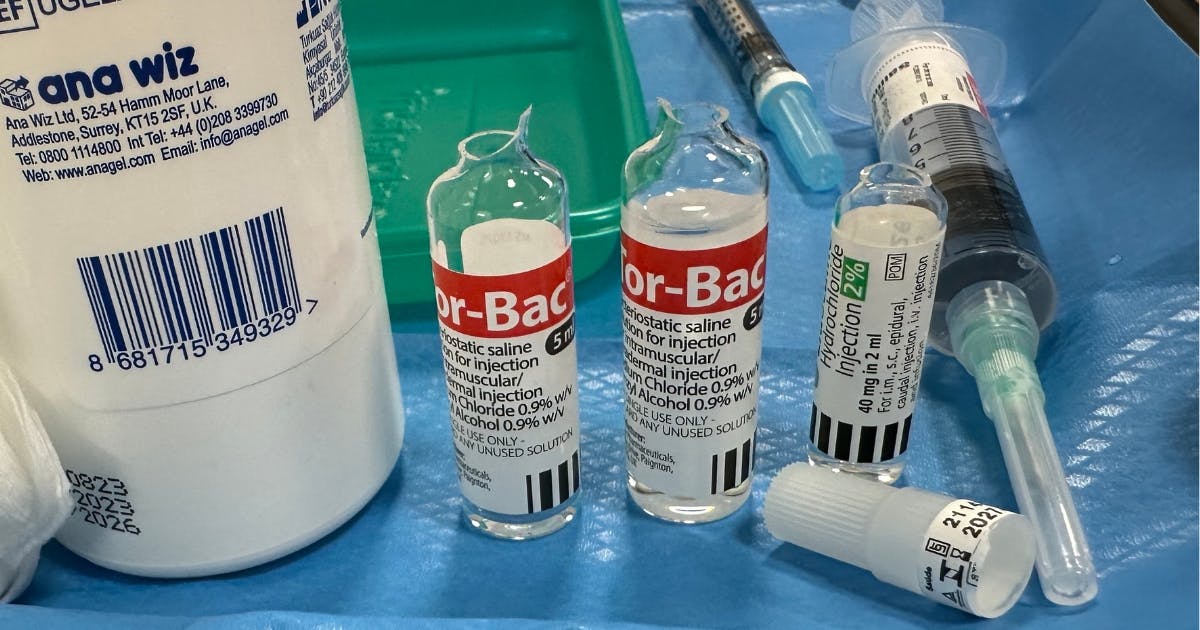
Offering a mix of taxable and tax exempt services in your aesthetic practice
When offering a mix of both taxable and tax exempt sales, you will fall into the partial exemption rules (VAT Notice 706) This restricts the amount of VAT that can be recovered on your costs. This is significant because any cost you cannot recover is a cost to you, reducing your profitability.
In cases where you provide aesthetic treatments that are a mix of taxable and tax exempt, it is highly advisable to speak to an accountant as this is a particularly complex area to navigate alone.
This is especially true if you work as a doctor, dentist or nurse performing medical treatments from the same premises as additional cosmetic dermatology or injectable treatments.
If you are struggling to find an accountant, this is a great question to put to your professional network. Ask your peers or put a shout out on the medical aesthetics professional networking app, Comma for personal recommendations.
Failing this, your business insurance provider should be able to point you in the right direction. You may also wish to contact Azets, an accounting firm which specialises in servicing practitioners across the aesthetics industry.
Why is the issue of VAT for aesthetics treatments so complex?
Dr Emily notes, “Aesthetic medicine is a newer scope of practice. It appears that each case that has gone to HMRC tribunal or has been investigated so far, shows no standardised, defined approach.”
She lists the following examples:
- Previous cases refer to ‘case law precedents’, some of which are no longer applicable since Brexit
- There is no other comparable specialty where medics offer services and the VAT exemption is in question
- If investigated you are required to prove to HMRC that each treatment is medical and the person assessing your evidence is not a medical professional
- There is a lack of robust medical evidence to confirm wellbeing or health efficacy of most aesthetic treatments.
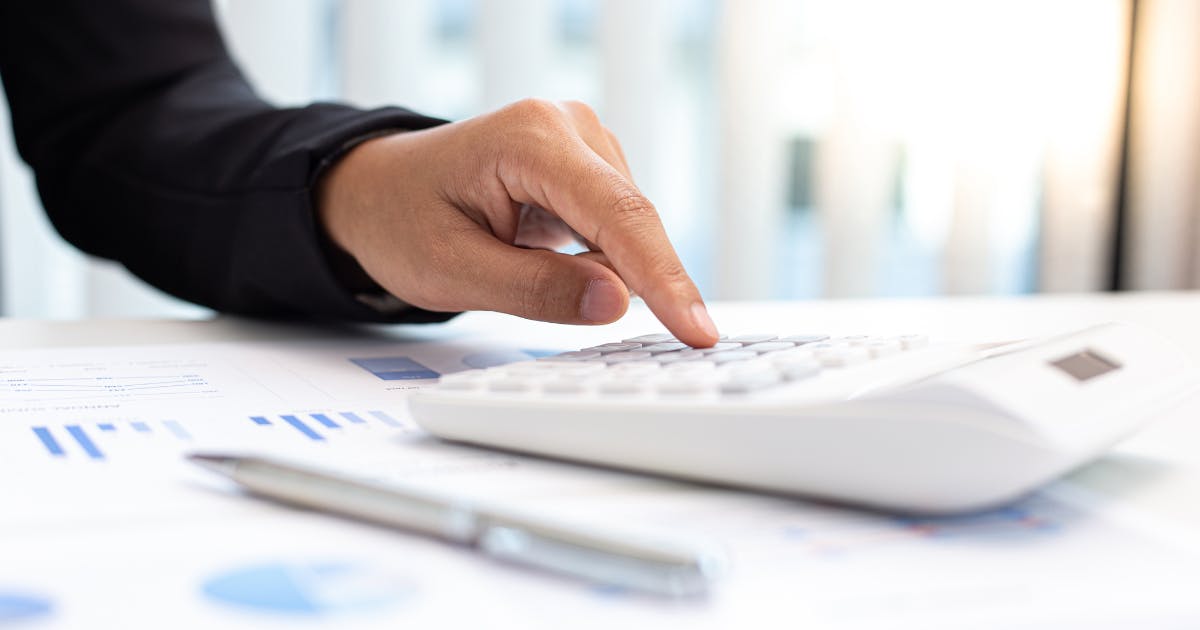
So are aesthetics treatments VAT exempt or should you pay VAT on them?
“There is no clear answer to this question,” acknowledges Dr Emily. Below she examines your three options…
Why people may wish to pay VAT on aesthetics treatments
These include:
- “All treatments with a cosmetic outcome need to charge VAT”
- “Cosmetic treatments are not related to health, they are in the same category as beauty and hair services”
- “Whether treatments are done by a medic or not is irrelevant”
- “There is no evidence that cosmetic treatments improve health and wellbeing”
- “Cosmetic treatments are determined by the WANTS of the client not by a NEED directed by the practitioner”
- “The lack of compulsory CQC registration and involvement of tests and referrals from other medical specialities proves that these are not medical treatments.”
Alternatively, you may consider paying VAT on a case by case basis
Your reasoning could include:
- “Treatments can only be VAT exempt if the are performed by a medical practitioner with PRB accountability who is suitably trained to offer the treatment and to diagnose conditions that are relevant to the therapeutic effects of the treatments offered”
- “Some medical aesthetics treatments are VAT exempt”
- “There is considerable overlap between cosmetic want and therapeutic need. The practitioner must determine which dominates; is it primarily a cosmetic treatment with no therapeutic benefit, or primarily a therapeutic treatment with a cosmetic outcome.”
- The overlap between appearance and health is already present in dermatology services, for example, acne management. There’s evidence that cosmetic skin disorders affect mental health and that treating them improves patients’ mental health and wellbeing.
- “Because the patients reporting of symptoms (needs) vs their cosmetic wants is a major factor in determining whether the treatment is medical, VAT exemption needs to be assessed on a case by case basis.”
- “Normal ageing is not a medical disorder that requires treatment”
- “Dissatisfaction with appearance is not a medical diagnosis and currently there isn’t strong evidence of psychological therapeutic benefit for most cosmetic treatments”
- “A lack of investigative tests and referrals does not mean that these treatments aren't medical. GPs diagnose and treat most minor ailments without tests or referrals to or from specialists.”
Are there any reasons to not pay VAT on your aesthetic treatments?
You could consider the following if you decide not to pay VAT:
- “All treatments offered by medical professionals are VAT exempt”
- “Medics are accountable to a professional regulatory body & must practice within accordance of the medical model; they cannot offer simple commercial transactions, they must only offer services that they deem to be in the interest of patient wellbeing, to not do so would be deemed negligent and not within their scope of practice”
- “Medical professionals have the additional costs & responsibility of follow-up care (duty of care) of any sequelae of their treatments as well as professional regulatory body fees to ensure that their treatments are in the interest of public health. This responsibility reduces the burden on the NHS and so overall saves taxpayer money”
- “The definition of a medical service that the HMRC currently give in their guidance is broad and encompasses all medical practice: protection, maintenance or restoration of the health”
- "Other non-essential services offered by health professionals such as laser eye surgery, cosmetic dentistry, massage therapy and acupuncture are VAT exempt. Some of them also have poor evidence of efficacy.”
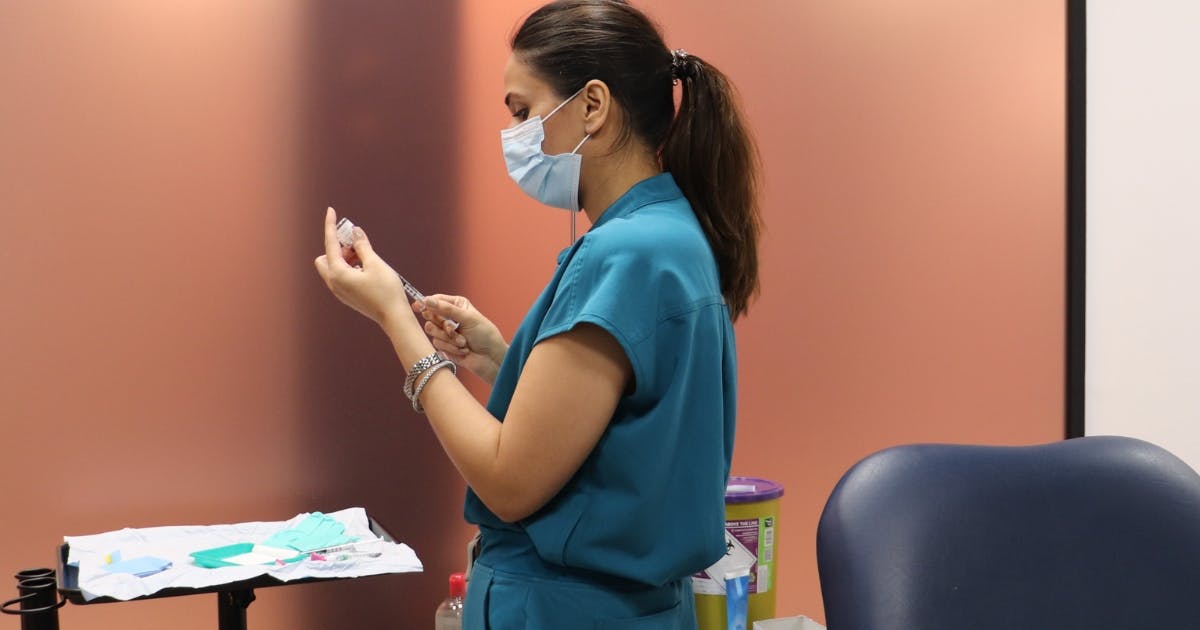
So what should you do?
Dr Emily notes, “The HMRC has stated that ‘Each case will need to be considered on its individual merits. However, we will generally accept that cosmetic services are exempt where they’re undertaken as an element of a health care treatment programme. Where services are undertaken purely for cosmetic reasons, they will be standard-rated.’ This does not define an approach.”
“Certainly, should you decide on a VAT exemption approach, you do need to be confident in justifying that your treatments are medical,” she counsels. “This will involve keeping detailed patient documentation that includes:
- a medical history
- a medical diagnosis sheet
- a treatment plan.
“Whatever you decide, it’s best to consider how you would justify your decision making with documented evidence. It’s also crucial that you take specialist accountancy advice for your business and keep an eye on the information the HMRC releases as the landscape evolves.”
What VAT means for your pricing structure
Cosmetic injectables and skin treatments are charged at the standard rate of VAT. This is currently 20 per cent and you essentially pass this cost on to your patient by including it in the price of your treatments.
If you’re providing a mix of taxable and exempt products and services, it’s advisable to review your pricing strategy. Ensure you’re maximising your profit margins and offsetting any VAT you may not be able to recover due to the nature of the services you are providing.
To learn more about building your aesthetics practice, including touching on pricing strategy, our Business Marketing for Aesthetic Medicine eLearning course is a great option. It includes the basics of starting an aesthetics business, identifying your key selling points and learning how to effectively relay these benefits to potential clients.
As it’s an online aesthetics course, you can take it at your own pace, fitting it in as and when suits your schedule. Furthermore, you can do it from any location! No need to travel to our City of London training academies! You’ll also have ongoing access to the assets provided to you during the course, making it a fantastic reference tool.
You might also find this article on how to Master Your Money Mindset as an aesthetics practitioner interesting..!
All information correct at the time of publication - updated May 2024
Download our full prospectus
Browse all our injectables, dermal fillers and cosmetic dermatology courses in one document
By submitting this form, you agree to receive marketing about our products, events, promotions and exclusive content. Consent is not a condition of purchase, and no purchase is necessary. Message frequency varies. View our Privacy Policy and Terms & Conditions
Attend our FREE open evening
If you're not sure which course is right for you, let us help
Join us online or in-person at our free open evening to learn more
Our Partners














STAY INFORMED
Sign up to receive industry news, careers advice, special offers and information on Harley Academy courses and services

